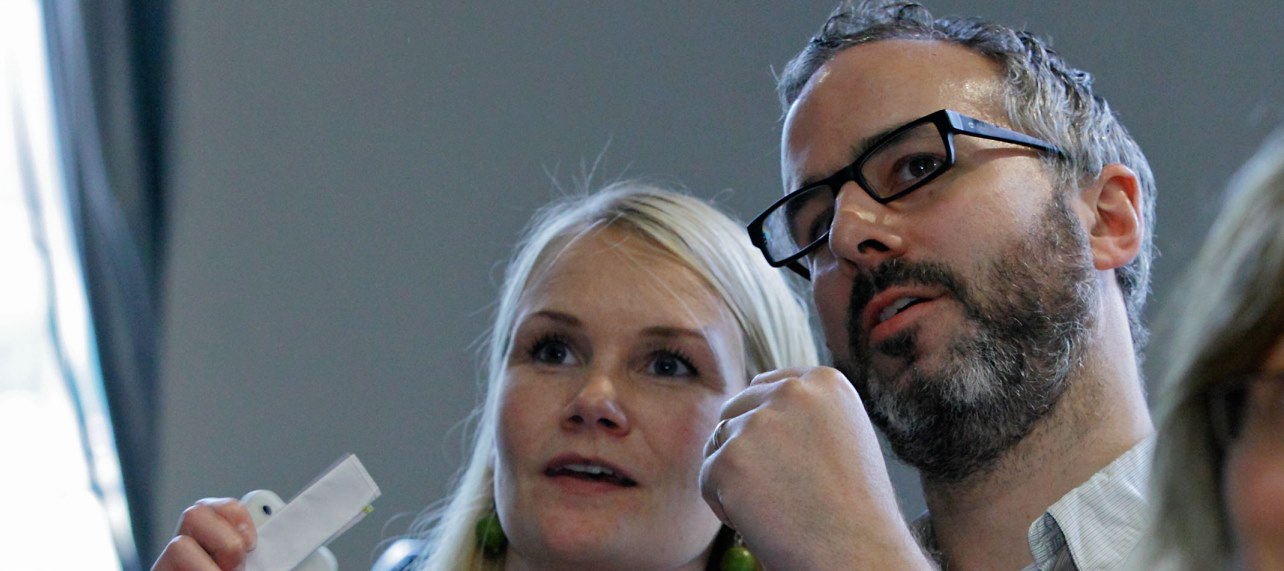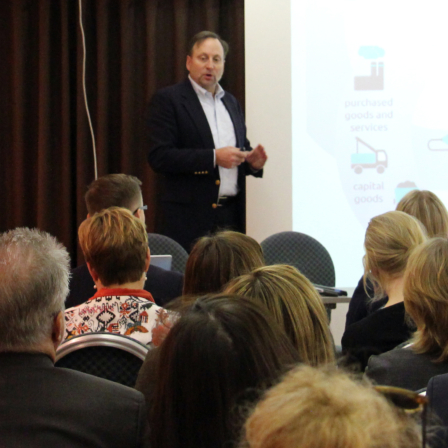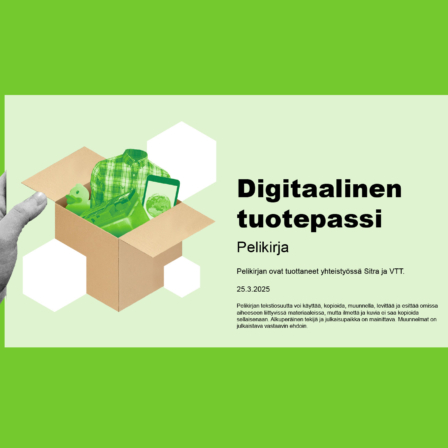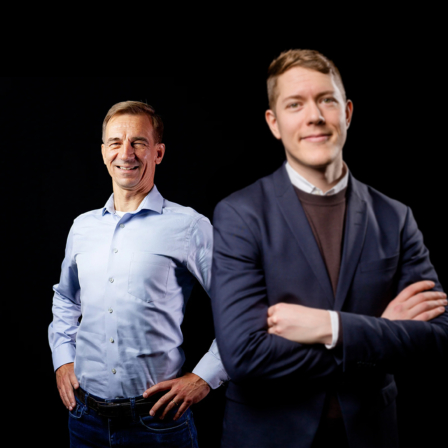The majority of Finnish companies find that carbon neutrality and low-carbon solutions are strategic drivers for their competitiveness, and play an important role in their operating environment. As much as 83% of the respondents to a survey found that climate change has, or will have, an important role to play in their operations. In the opinion of 75% of the respondents, carbon neutrality and low-carbon solutions are, or will be, important strategic drivers for competitiveness. This is a strongly held view in particular in the energy and environmental sectors as well as in the forest and paper industry. The metal industry is the sector that is least concerned about climate change.
The information comes from an extensive survey of businesses commissioned by Sitra from Taloustutkimus. More than 500 CEOs or specialists from Finnish companies responded to the survey from early December 2014 to early January 2015. The survey was aimed at studying the significance of carbon neutrality and low-carbon production activities on Finnish industry with respect to its business operations and competitiveness. The survey covered companies employing at least five people, from various industrial sectors.
“We are very pleased that two thirds of Finnish companies view carbon neutrality as a major competitive factor. Developing Finland into a carbon-neutral society requires that companies, the state and cities work together towards making the change happen,” says Sitra’s Senior Lead Tiina Kähö.
Another sign of the increased importance of carbon neutrality and decarbonisation is the expansion of the Climate Leadership Council (CLC), which comprises numerous Finnish companies, including new, big-hitting members such as Finnair, Nordea, Ilmarinen, Vaisala, Lappeenranta University of Technology, VVO and Porvoon Energia.
“The member companies of CLC are setting an example for other Finnish businesses on how taking account of climate change can be turned into a competitive advantage. Smaller companies can follow this path and adopt the best practices co-developed by leading companies and Sitra,” comments Director Mari Pantsar of Sitra.
Based on the survey carried out by Taloustutkimus, in the opinion of Finnish companies, the most important drivers for carbon neutrality are the reduction of waste (scoring 3.9 on a scale of 1 to 5), positive brand or image (3.82) and legislative requirements (3.64). Surprisingly, the new business opportunities presented by carbon neutrality were viewed as being the least important drivers. Even though the majority of the companies view carbon neutrality and decarbonisation as important strategic drivers for competitiveness, only one in four measure their carbon footprint or CO2 emissions. Only one in ten have set themselves a carbon neutrality target.
In the opinion of the companies, the biggest obstacles to pursuing carbon neutrality were the lack of obvious economic benefits (38%), lack of financing (32%), lack of legislation and political support (27%) and the lack of innovations and solutions (26%).
“The study shows that carbon neutrality is regarded as a driver for competitiveness; however, there are still plenty of bottlenecks associated with the implementation side,” says Tiina Kähö. “There is, nevertheless, a growing group of companies that have gotten involved in this wholeheartedly and are showing the path to others towards carbon neutrality. In order to best support their efforts, we need to start making political decisions both at national and international level.”
A panel discussion on climate change as the growth engine for Finland took place as part of the high-level Better Growth, Better Climate event on Tuesday 3 March 2015 at Sitra’s auditorium. Joining the discussion was one of the world’s most influential environmental experts on climate change, Jeremy Oppenheim, who presented his own views on the opportunities for Finnish companies to find growth in climate change and the related mitigation. The investments in climate change and its mitigation are expected to form one of the largest global markets in the near future.
Also attending the event were, for example, the CEO of Outotec Pertti Korhonen, the Mayor of Helsinki Jussi Pajunen, the CEO of Ilmarinen Timo Ritakallio and the Finnish Minister of the Environment Sanni Grahn-Laasonen. The event was streamed live.






















Recommended